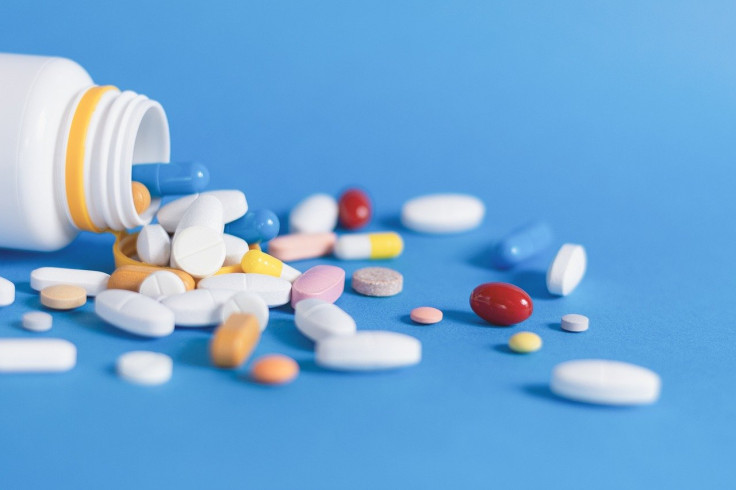Do Not Mix These Foods With Your Medications; 5 Common Drug Interactions You Should Be Aware Of

Your food choices not only shape your general well-being but also influence how your body processes the medications you take.
Some foods can impact the effectiveness of certain medications and potentially lead to toxicity. Knowing these common food-drug interactions can help you steer clear of such combinations, optimize the benefits of your medication and minimize undesired side effects.
Alcohol
Mixing alcohol with certain medications can cause side effects such as nausea and vomiting, headaches, drowsiness, fainting or loss of coordination. It also raises the risk of complications like internal bleeding, heart problems and issues with breathing. Medicines that react with alcohol include certain painkillers, antidepressants, medications for diabetes, enlarged prostate, seizures, allergies, infections and colds, cholesterol, blood pressure, heartburn and indigestion. Check the label of the medicine to know if they have interactions with alcohol.
Dairy products
Consuming dairy products such as milk, yogurt and cheese can decrease the effectiveness of antibiotics as they reduce the absorption of the drug. It is recommended to take meals with dairy content at least two hours before and six hours after taking antibiotics.
Caffeine
Several medications, including stimulant drugs such as ephedrine, anticoagulants, drugs for cardiac stress tests such as adenosine and dipyridamole, antidepressants (MAOIs), diuretic drugs, antiseizure medications such as Valproate, Phenytoin and Phenobarbital and antibiotics such as Quinolone have interactions with caffeine.
Green leafy vegetables
Although green leafy vegetables are recommended for several health benefits, people who are taking blood thinners should watch their intake of spinach and kale. These greens are high in vitamin K, which helps in blood clots, canceling out the effect of the blood thinner drugs.
Grape Fruit
Cholesterol-lowering medications like statins need to be broken down in the body using enzymes. The consumption of grapefruit can interfere with these enzymes, potentially increasing the drug levels in the body and raising the risk of side effects.
Things to remember
- Check with your pharmacists to know the dosage of your medicine, how it needs to be taken and also if any specific food or drink needs to be avoided.
- Do not mix any medicine into your food or take it out of the capsule, as it may affect the way the drug works.
- Do not mix medicine in hot drinks, as they may reduce the effectiveness of the drug.
- Never mix any medicine with alcohol. Alcohol can increase or decrease the effectiveness and cause harmful side effects.
Published by Medicaldaily.com



























